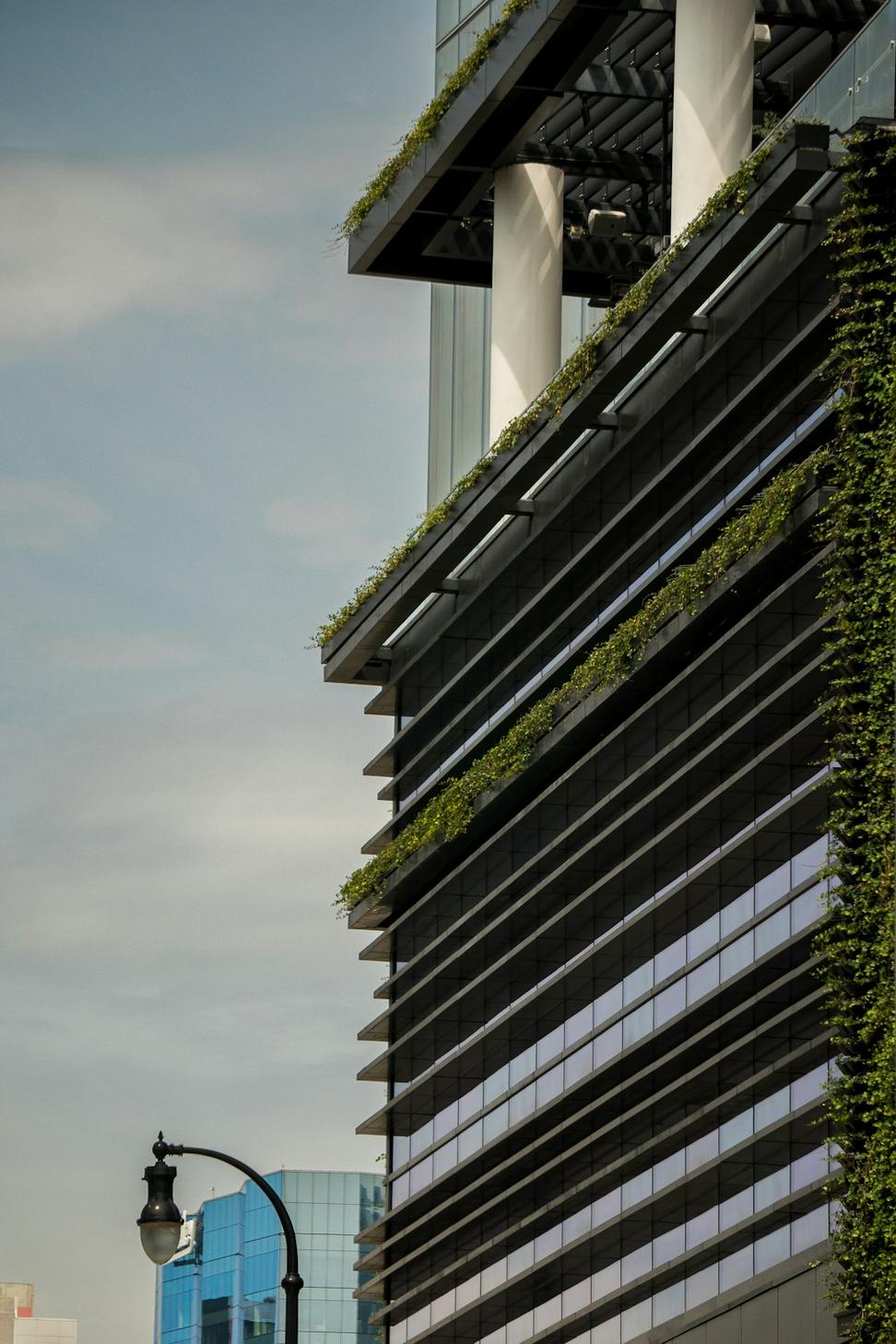
Building Tomorrow, Responsibly
Here's the thing - we've been doing this long enough to know that sustainable design isn't about ticking boxes or chasing certifications. It's about creating spaces that actually work with nature, not against it.

Here's the thing - we've been doing this long enough to know that sustainable design isn't about ticking boxes or chasing certifications. It's about creating spaces that actually work with nature, not against it.
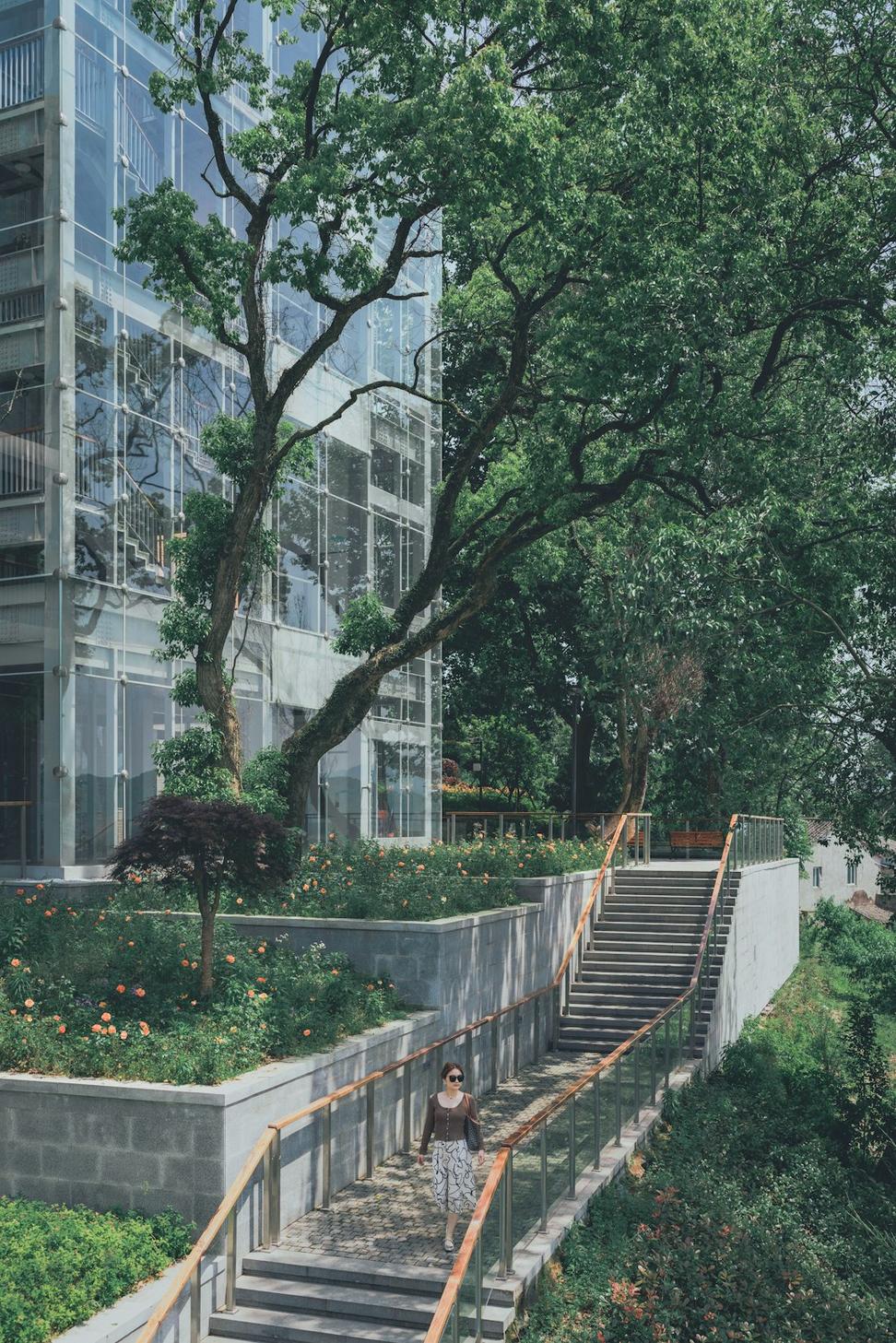
Look, I'll be straight with you - about fifteen years ago, I watched a heritage building get torn down because nobody thought to adapt it for modern energy standards. That kinda stuck with me. Since then, we've made it our mission to prove that old and new can coexist, and that being eco-conscious doesn't mean sacrificing beauty or functionality.
We're not just talking about slapping some solar panels on a roof and calling it a day. Real sustainability means understanding how a building breathes, how light moves through spaces, how materials age over decades, and yeah - how people actually live and work in these environments.
Every project we take on starts with a simple question: How can this building give back more than it takes? Sometimes the answer's complicated, but asking that question from day one? That changes everything.
Not just theory - these are practices we use on every single project
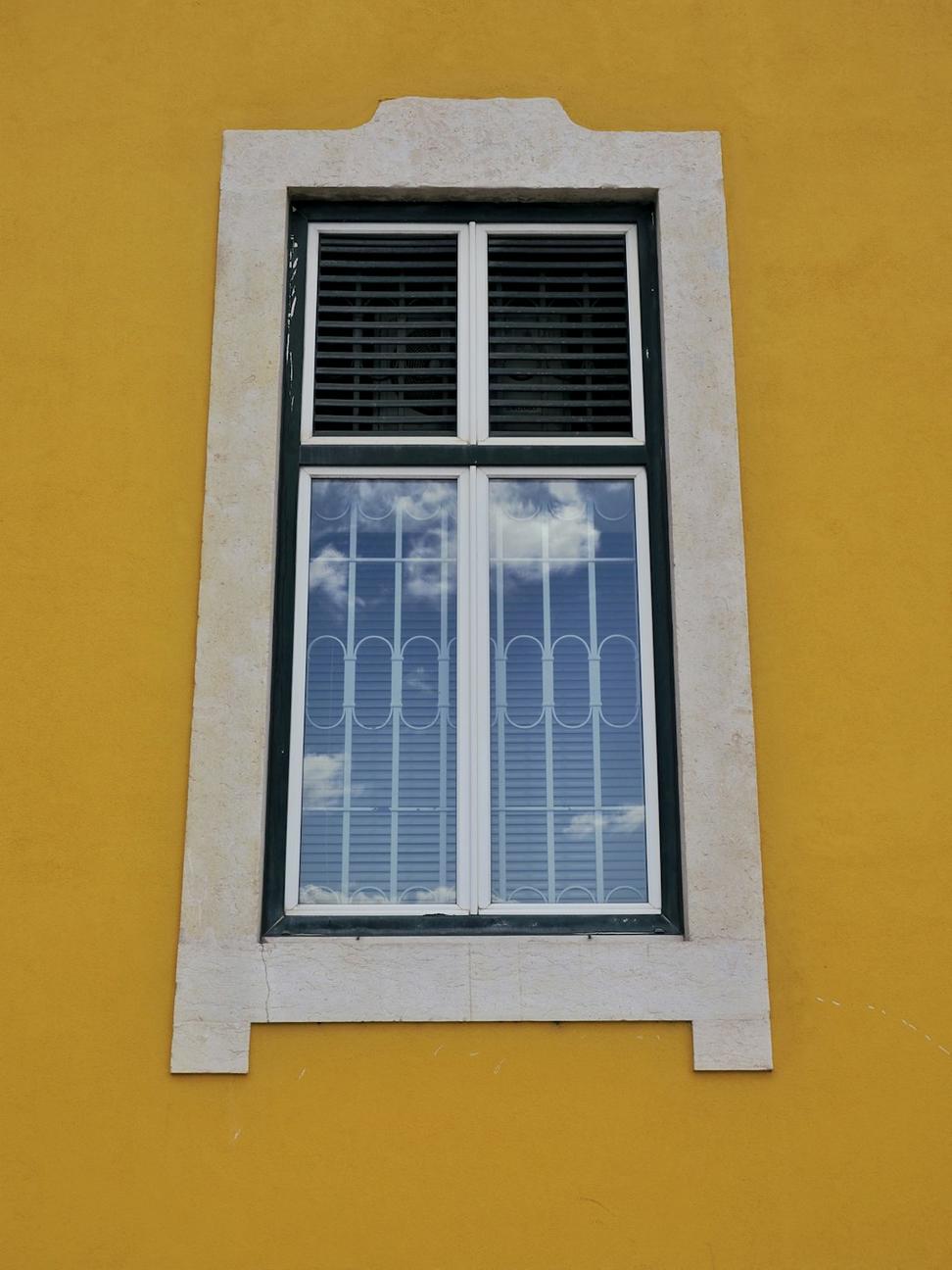
Before we even think about mechanical systems, we're obsessing over orientation, window placement, thermal mass, and natural ventilation. Got a project in West Van last year where we reduced heating needs by 40% just by getting the basics right.
It's kinda wild how much energy you don't need when you work with the sun's path instead of fighting it all day long.
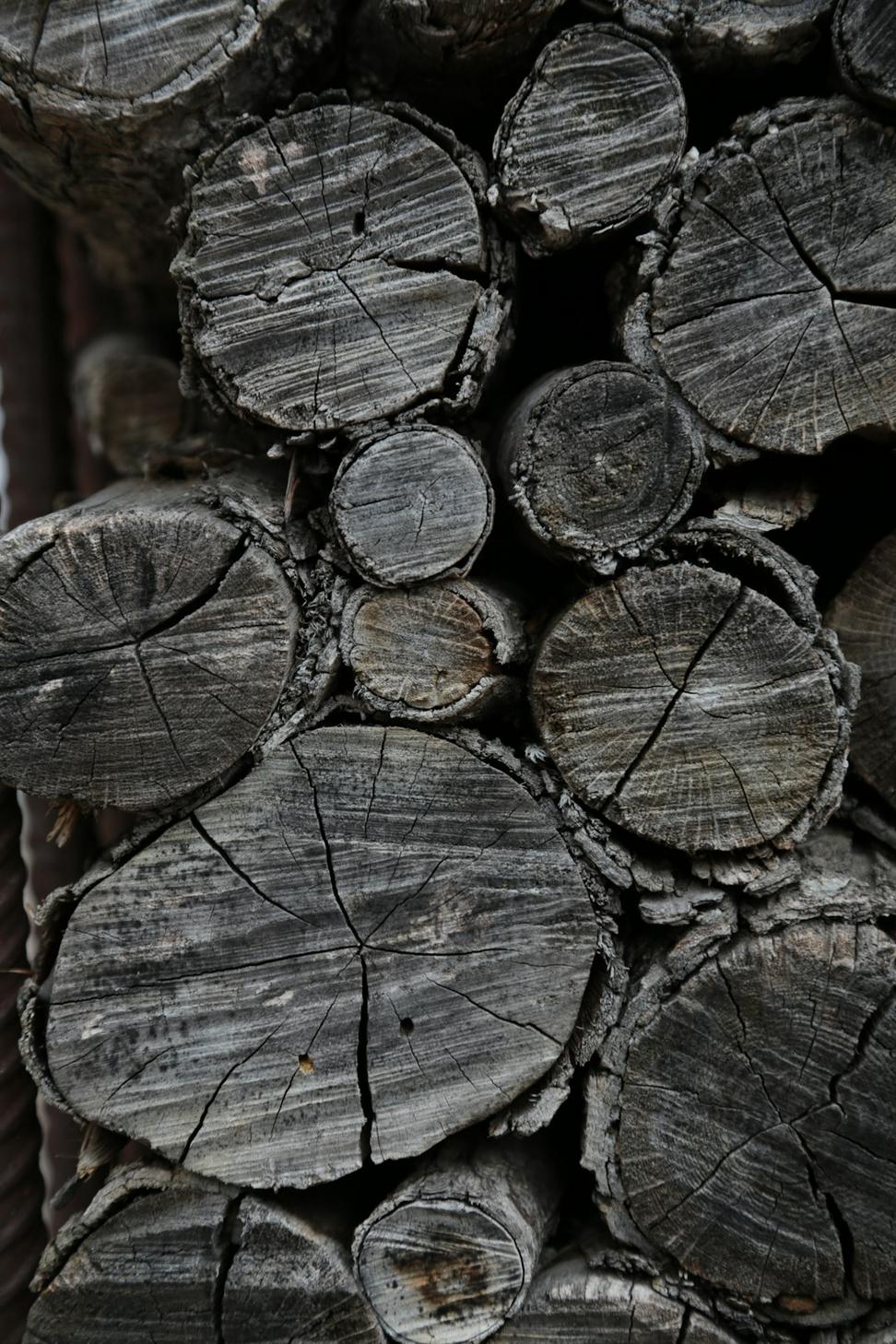
We've built relationships with local suppliers who get it. Reclaimed timber from old warehouses, low-VOC finishes, recycled steel - but only when it actually performs better or equals what we'd spec otherwise.
There's this misconception that sustainable materials are somehow inferior. We've got 100-year-old Douglas fir beams in our projects that'll outlast anything you can buy new. The embodied energy savings alone are massive.
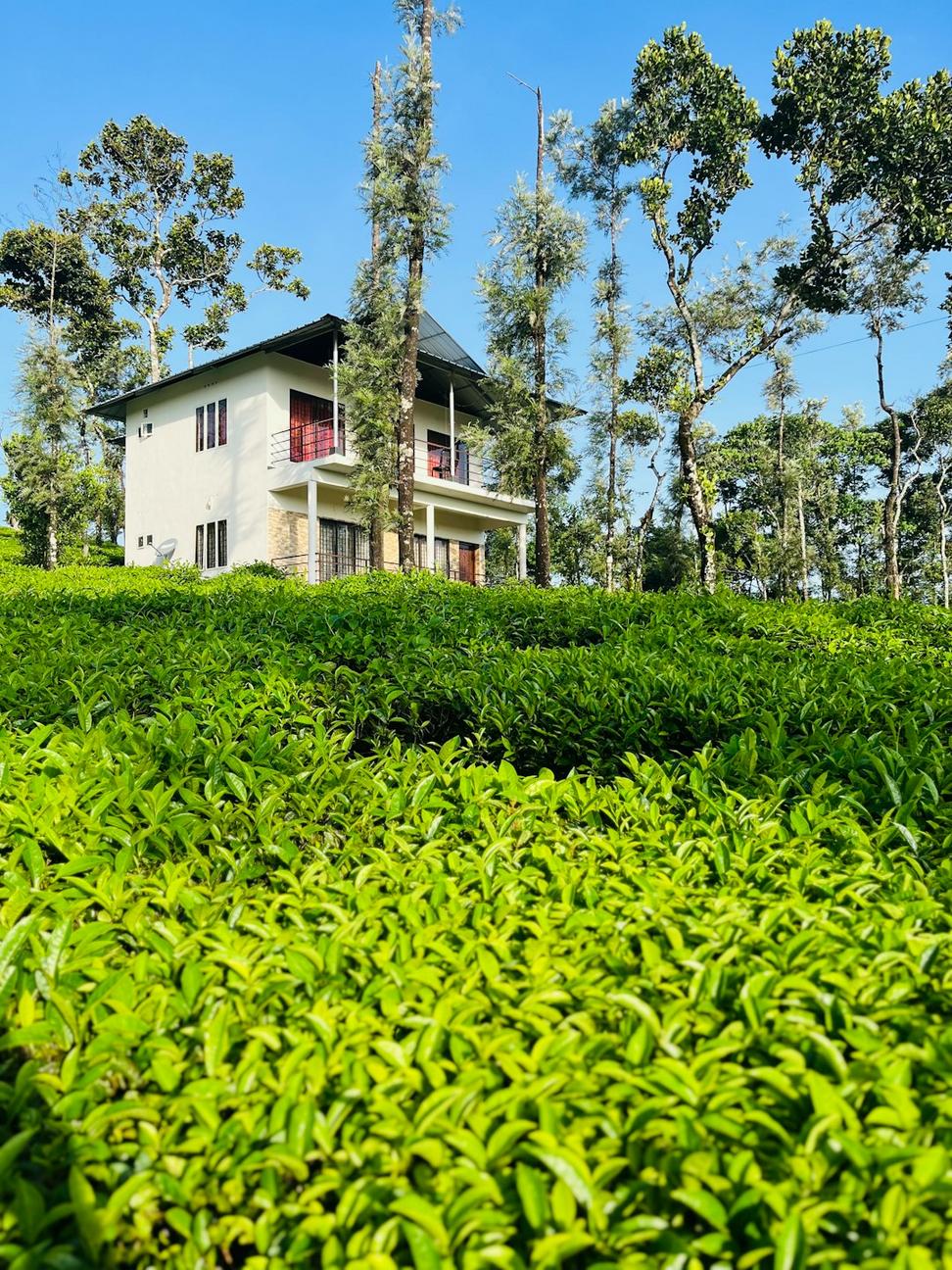
Green roofs, rain gardens, permeable paving - these aren't just nice-to-haves anymore. In Vancouver's climate, managing stormwater on-site is becoming critical, and honestly, these features end up being some of the most loved aspects of our projects.
Had a client tell me their green roof saves them about $800 yearly on cooling, plus their kids use it as a backyard. That's the kind of win-win we're after.
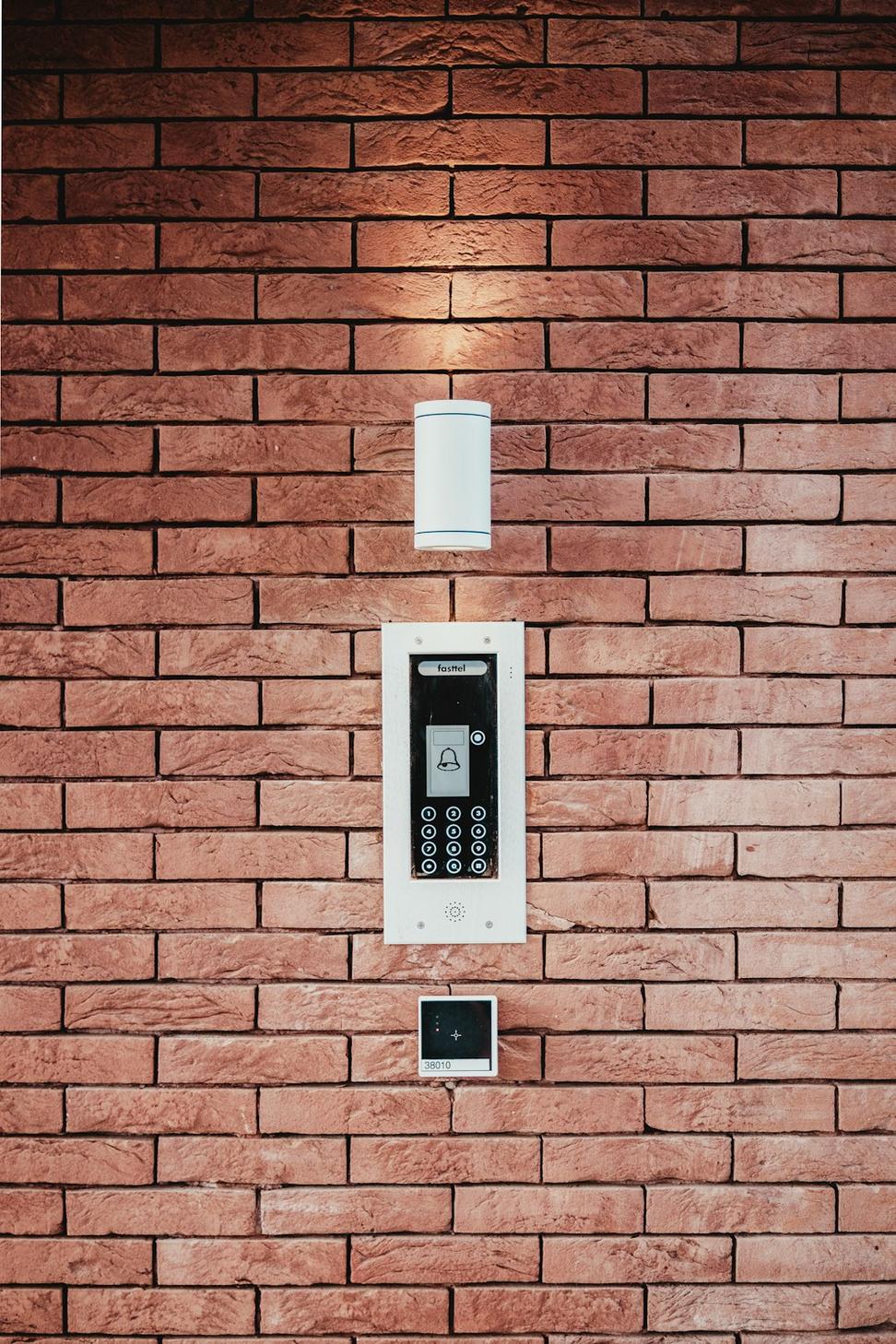
We integrate building management systems that actually talk to you. Real-time energy monitoring, predictive maintenance alerts, automated climate control that learns your patterns. Tech that earns its keep, basically.
The data we collect from our completed projects feeds back into our design process. It's a continuous improvement loop that keeps making our work better.
We pursue these when they make sense for the project - not just for wall decoration
Gold and Platinum certifications on multiple commercial projects across BC
Certified consultants delivering ultra-low energy residential designs
Designing buildings prepared for complete energy independence
Human-centric design focusing on health and wellness metrics
We track everything because what gets measured gets improved. Here's what we're seeing across our portfolio:
Compared to conventional building standards in BC
Through efficient fixtures and greywater systems
From landfills through careful planning and salvage
Materials sourced within 800km reducing transport emissions
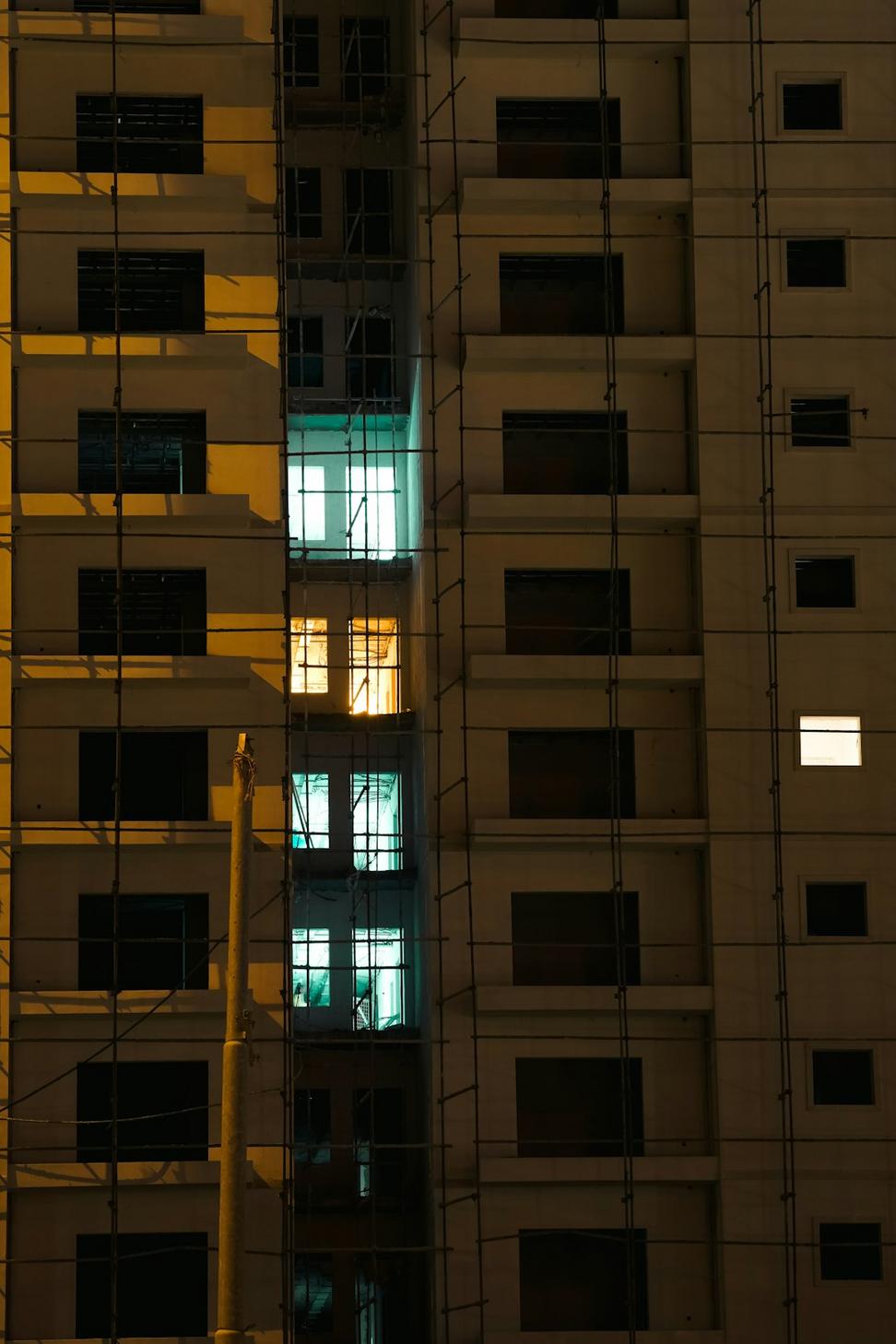
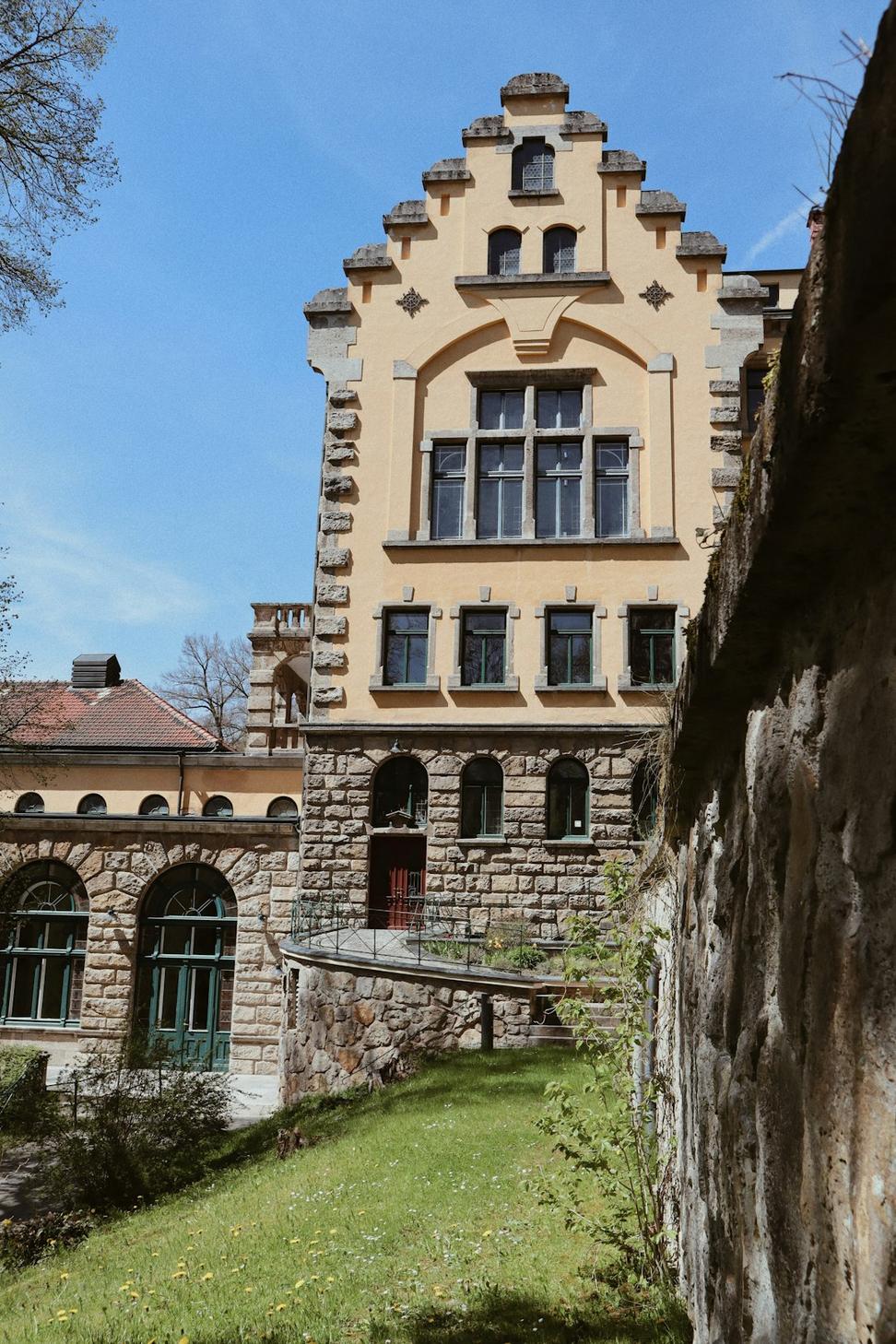
This is where things get interesting. Most people don't realize that retrofitting heritage buildings is one of the most sustainable things you can do in architecture. All that embodied energy in century-old brick and timber? You can't replicate that sustainability with new construction, period.
We've developed some pretty specialized techniques for bringing old buildings up to modern performance standards without destroying their character. Double-glazed windows that match original profiles, invisible insulation upgrades, modern mechanicals hidden in ways that don't compromise the structure.
Had this Edwardian home in Kitsilano last year - the owner was convinced they'd have to choose between keeping its soul or having reasonable heating bills. We proved you can have both. Actually ended up exceeding modern energy codes while preserving every original detail that mattered.
"The most sustainable building is the one that's already built" - we live by this, but we take it further by making those existing buildings perform like they're brand new.
We're not standing still - here's what we're exploring and implementing right now
Working with suppliers on concrete alternatives that actually sequester carbon. Early tests are promising but we're not using it till we're 100% confident.
Integrating battery systems that make renewable energy practical even when the sun isn't shining. Game-changer for true energy independence.
Going beyond green walls - we're designing living ecosystems into buildings that improve air quality and mental wellbeing. It's part architecture, part horticulture.
Using machine learning to model thousands of design variations and find the sweet spot between performance, cost, and aesthetics. Pretty wild stuff.
Whether you're starting from scratch or bringing new life to an old building, we'd love to figure out how to make it perform better than you thought possible.
No two projects are the same, and that's what keeps this work interesting. We'll sit down, talk through what you're trying to achieve, and map out a sustainability strategy that actually fits your goals and budget.
(604) 555-0147
info@kythralofquintaris.info